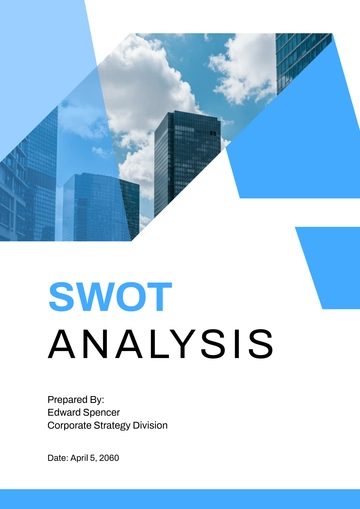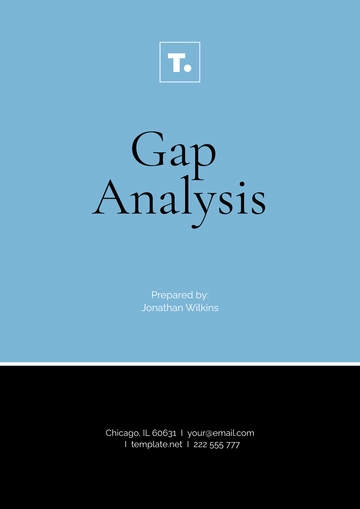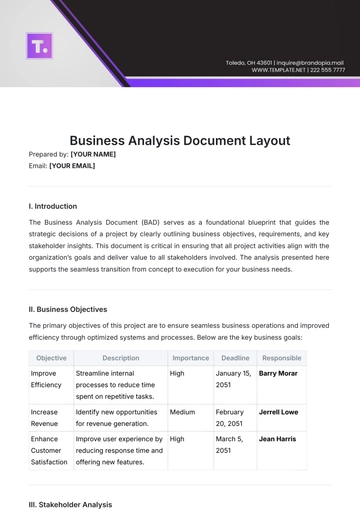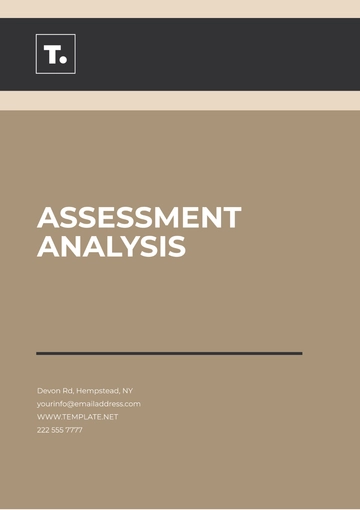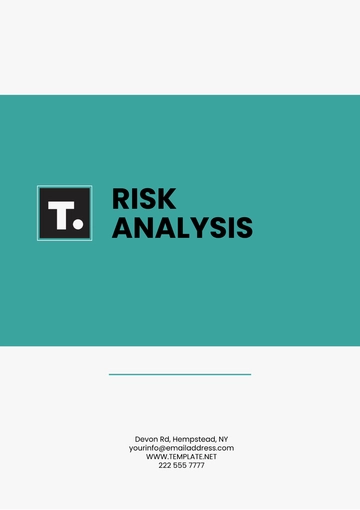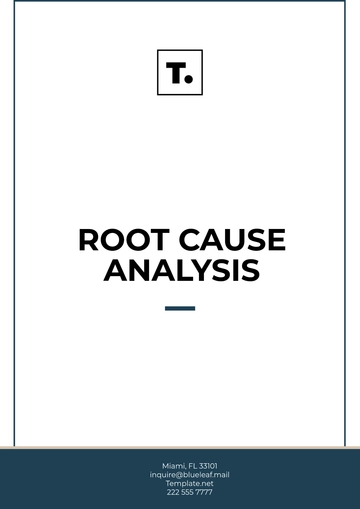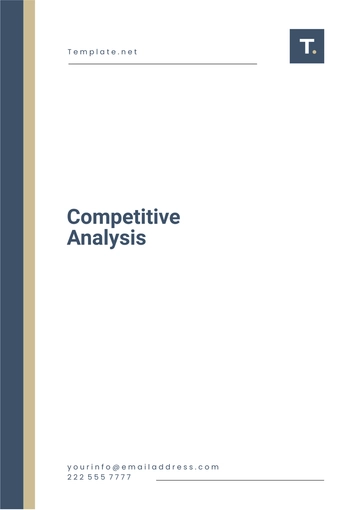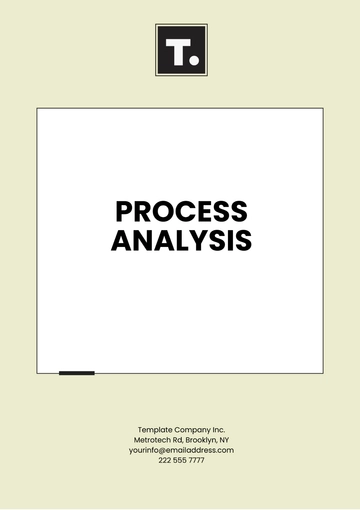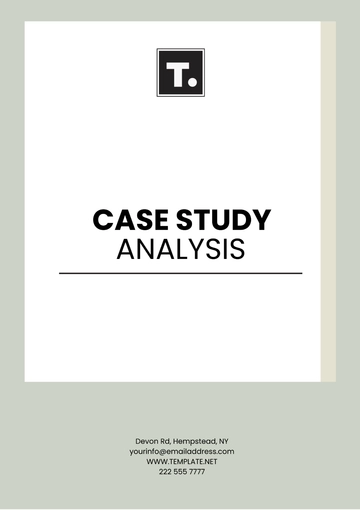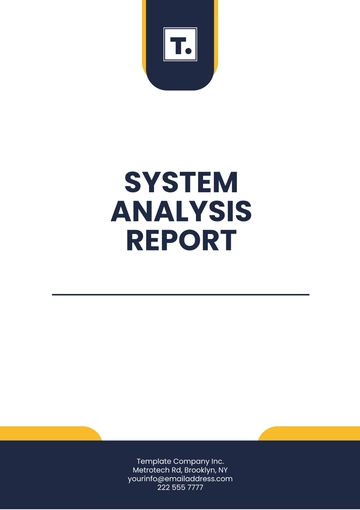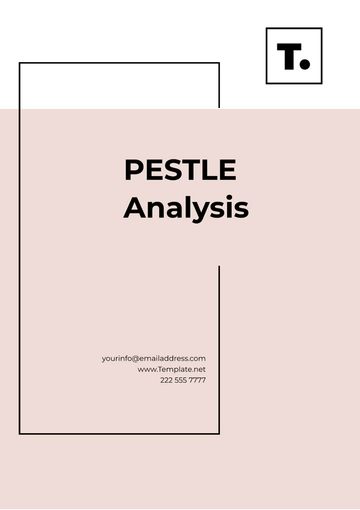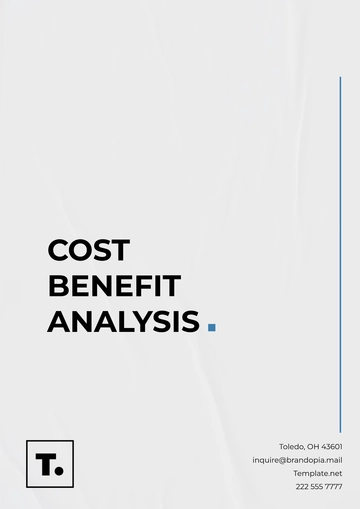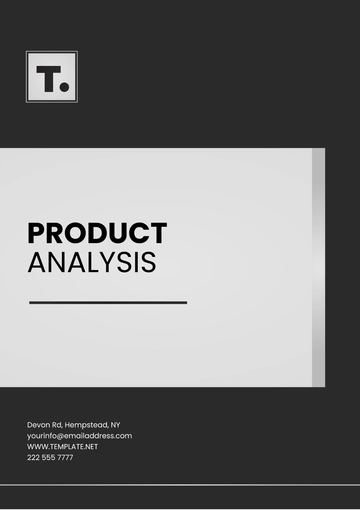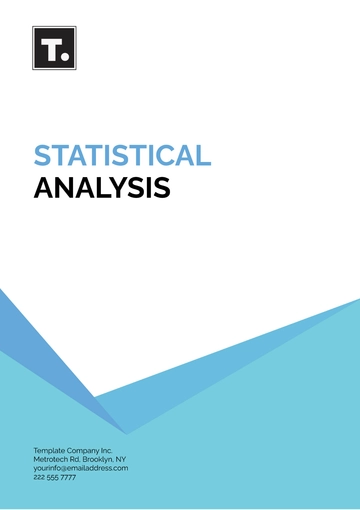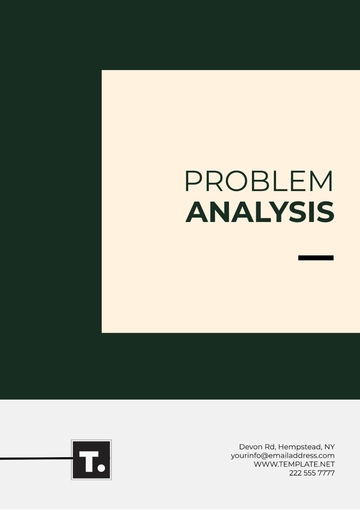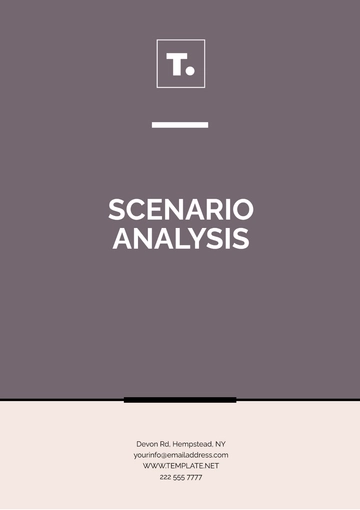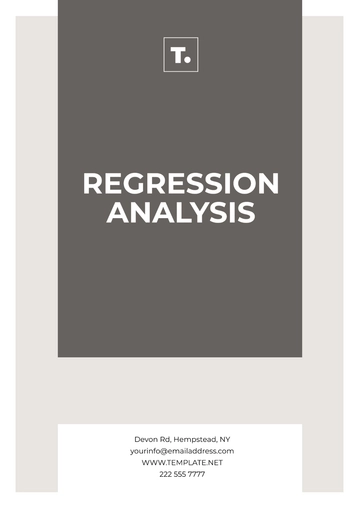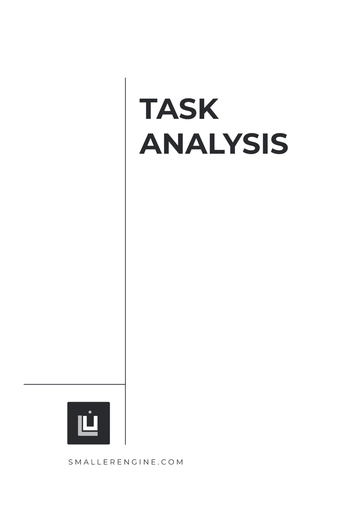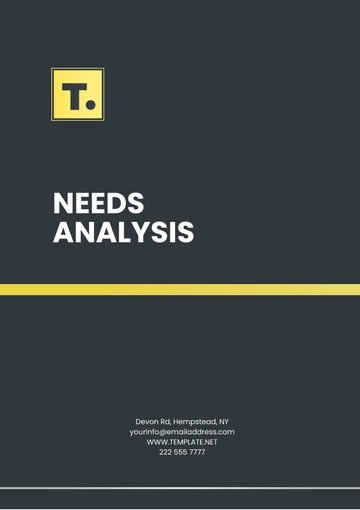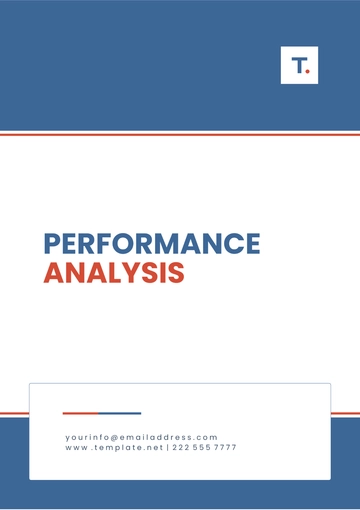Free Meta-Analysis Journal Article
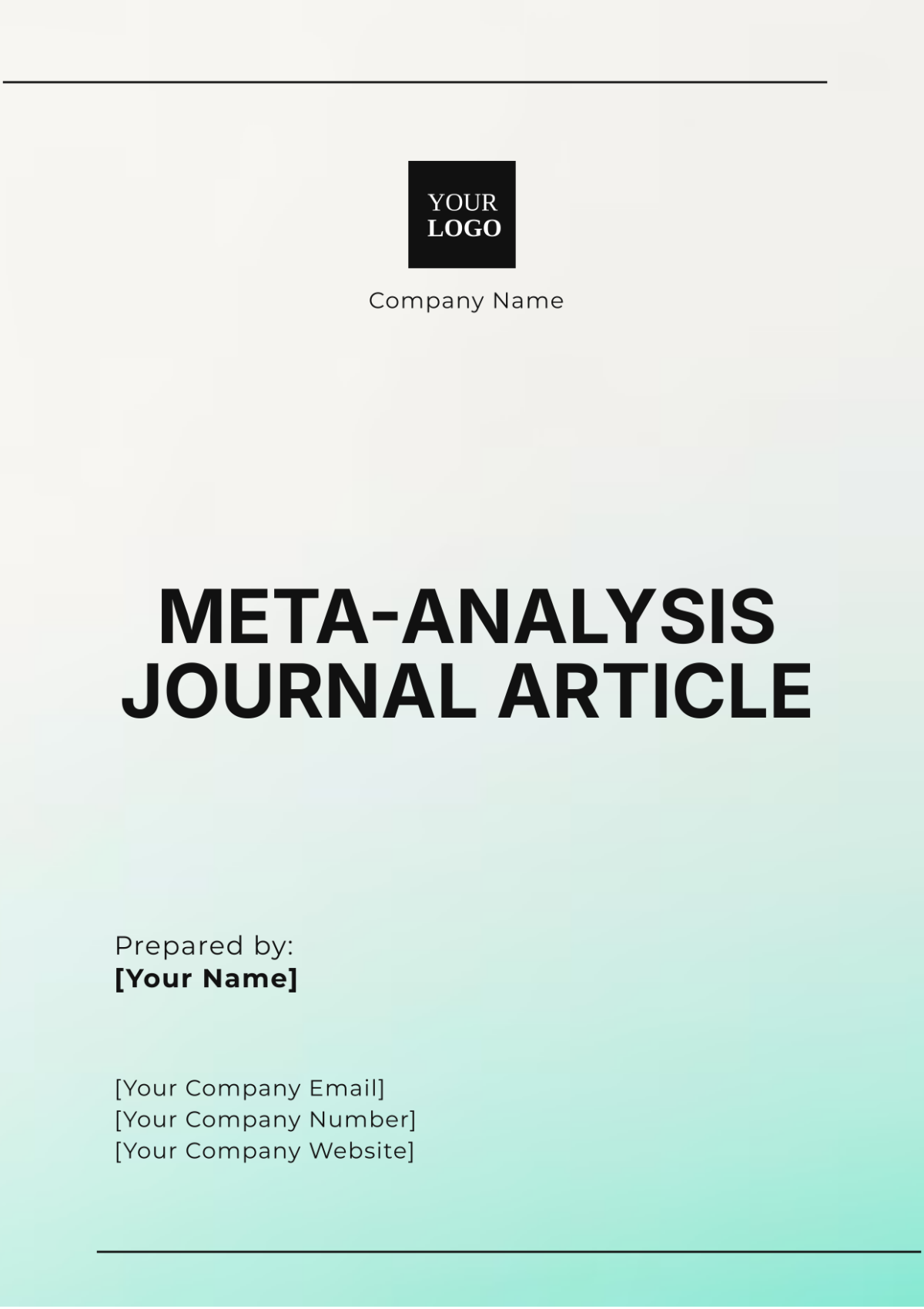
Title: A Meta-Analysis on the Efficacy of Cognitive Behavioral Therapy for Treating Anxiety Disorders
Prepared by: [Your Name]
Date: [Date]
I. Abstract
Cognitive Behavioral Therapy (CBT) is a widely used intervention for anxiety disorders. This meta-analysis aims to synthesize data from multiple studies to evaluate the overall effectiveness of CBT in reducing anxiety symptoms. A systematic review of the literature identified 30 studies that met inclusion criteria. Findings revealed that CBT significantly reduces anxiety symptoms across various demographics. Moderator analyses suggest that treatment length and sample characteristics can influence outcomes. This synthesis provides empirical support for the efficacy of CBT in treating anxiety disorders.
II. Introduction
Anxiety disorders constitute a significant public health concern globally, affecting millions of individuals (American Psychiatric Association, 2053). Cognitive Behavioral Therapy (CBT) has emerged as a front-line treatment for anxiety disorders due to robust empirical evidence supporting its efficacy (Hofmann, Asnaani, Vonk, Sawyer, & Fang, 2052). Given the proliferation of studies on CBT's effectiveness, a meta-analytic approach can provide a comprehensive assessment of its overall impact. This article aims to quantitatively synthesize existing research to ascertain the efficacy of CBT for treating anxiety disorders and to explore any potential moderators.
III. Methods
This meta-analysis followed the Preferred Reporting Items for Systematic Reviews and Meta-Analyses (PRISMA) guidelines (Moher et al., 2050). Articles were identified through comprehensive searches in databases such as PubMed, PsycINFO, and Scopus. Inclusion criteria were peer-reviewed studies that utilized CBT as an intervention for anxiety disorders and reported quantitative outcomes. Effect size calculations used the standardized mean difference method (Hedges' g) to assess the magnitude of CBT's effects. Moderator analyses examined treatment duration and sample characteristics.
IV. Results
Category | Details |
|---|---|
Total Studies | 30 |
Total Participants | 2,095 |
Mean Effect Size | g = 0.86 (95% CI: 0.75–0.97) |
Effect Size (Longer Duration) | g = 0.95 (12-24 weeks) |
Effect Size (Shorter Duration) | g = 0.78 (6-11 weeks) |
Moderator Analysis | Larger effect sizes with diverse samples |
V. Discussion
The meta-analytic findings underscore the overall efficacy of CBT in treating anxiety disorders, highlighting its potential for broad application. The large aggregated effect size supports CBT as a robust treatment modality. However, the variability in outcomes suggests that treatment length and demographic factors may influence efficacy. These findings align with previous research that emphasizes the importance of tailored CBT approaches (Hofmann et al., 2052; Cuijpers et al., 2056). Future research should explore long-term effects and investigate mechanisms underlying individual differences in treatment responses.
VI. Conclusion
This meta-analysis confirms that CBT significantly reduces anxiety symptoms across various demographics and settings, cementing its place as an evidence-based treatment for anxiety disorders. Insights into treatment duration and sample diversity offer valuable information for optimizing therapy outcomes. Continued investigation is essential to refine CBT protocols and enhance their applicability to diverse populations.
VII. References
American Psychiatric Association. (2050). Diagnostic and statistical manual of mental disorders (5th ed.). American Psychiatric Publishing.
Cuijpers, P., Karyotaki, E., Weitz, E., Andersson, G., Hollon, S. D., van Straten, A., & Ebert, D. D. (2051). The effects of psychotherapies for major depression in adults on remission, recovery and improvement: A meta-analysis. Journal of Affective Disorders, 202, 500-504.
Hofmann, S. G., Asnaani, A., Vonk, I. J., Sawyer, A. T., & Fang, A. (2052). The efficacy of cognitive behavioral therapy: A review of meta-analyses. Cognitive Therapy and Research, 36(5), 427-440.
Moher, D., Liberati, A., Tetzlaff, J., & Altman, D. G. (2053). Preferred reporting items for systematic reviews and meta-analyses: The PRISMA statement. PLoS Medicine, 6(7), e1000097.
- 100% Customizable, free editor
- Access 1 Million+ Templates, photo’s & graphics
- Download or share as a template
- Click and replace photos, graphics, text, backgrounds
- Resize, crop, AI write & more
- Access advanced editor
Create a detailed and well-structured meta-analysis with Template.net’s Meta-Analysis Journal Article Template. This editable and customizable template helps you organize large datasets and research studies into a cohesive article. You can easily adjust it with our Editable in our Ai Editor Tool, ensuring your analysis meets publication standards. This template simplifies writing meta-analysis journal articles, which is ideal for researchers in various fields.
